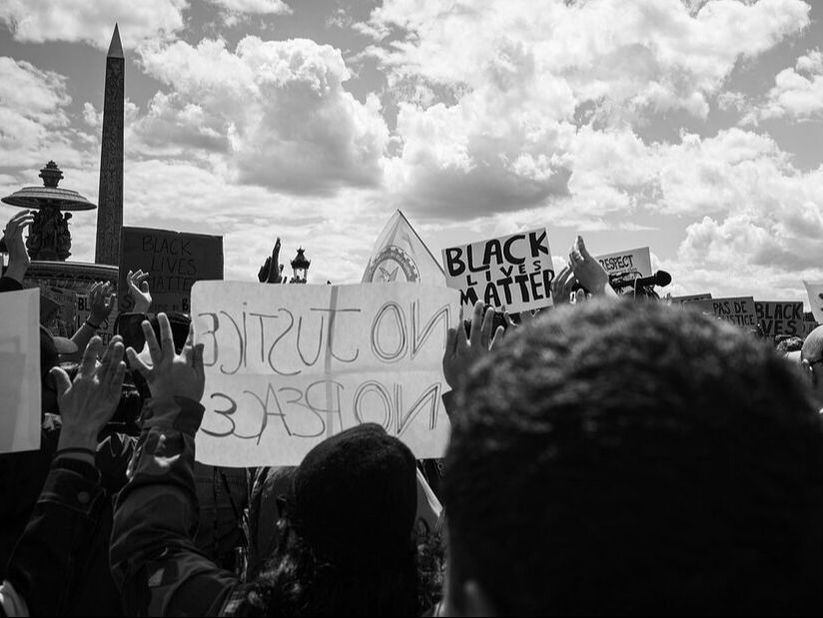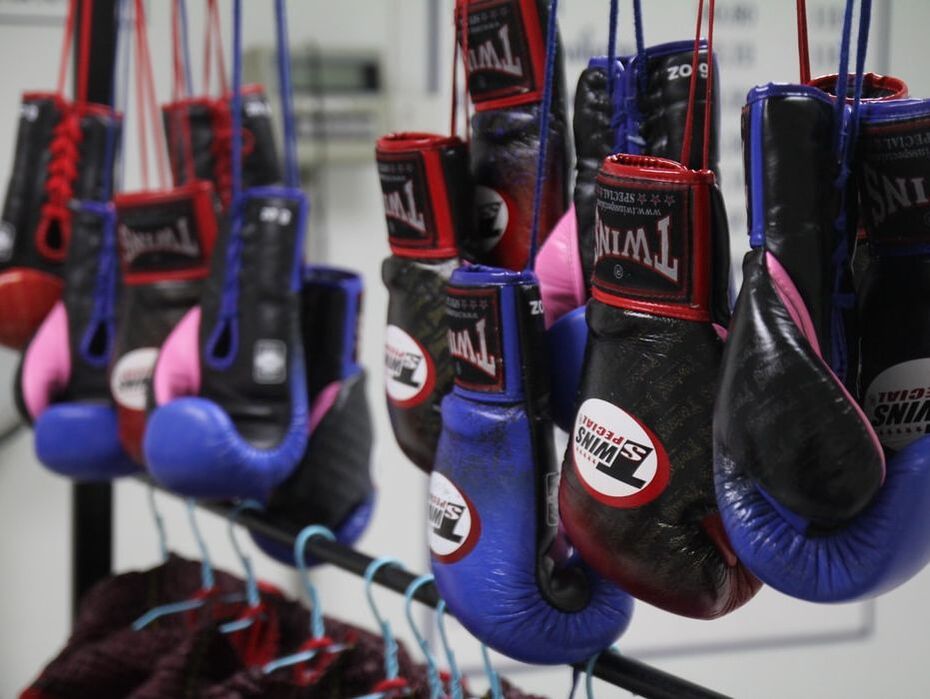|
|
|
Cross-posted from Georgetown Journal of International Affairs.
Recent events in France have revealed how race remains such a loaded concept in French society. But policymakers must emphasize that this is nothing new, and that public policies need to address historical and present racism in France in order to move forward. Events in recent months have once again made race and racism part of public debate in France. There was the beheading of school teacher Samuel Paty in a banlieue, or suburban outskirt, north of Paris in October 2020. Then the beating, captured on video, of Michel Zecler, a forty-one-year-old Black music producer, by four police officers last November in Paris. These debates have even included accusations of importing Anglo-American or US conceptions of race and racism to the French context, as evident in a recent interview with President Emmanuel Macron in the New York Times and movement by his administration to investigate French universities for importing American theories. This is in addition to a proposed bill making it a criminal offense to share images of police officers on social media platforms, amid a growing mobilization against police violence targeting Black and Maghrébin-origin individuals.
0 Comments
In January 2019, the news broke that women ‘rescued’ by the British government’s Forced Marriage Unit (a joint Foreign and Commonwealth Office and Home Office initiative) were being made to pay for the costs of their protection. If they were unable to pay outright, they had to agree to sign up to a loan, usually in the region of £700, to cover the costs of food, flights and accommodation. Their passports were confiscated and held until the loan had been repaid in full (Guardian, 2 January 2019). There is much to be said regarding the implications of this policy in relation to the government’s vocal concern about coercive cultural practices, and the matter of the passport seized as collateral for an involuntary debt requires particular attention. In ‘saving’ women from being taken from the UK against their will, the state then ensures that they are unable to leave the UK.
The Forced Marriage Unit thus ‘liberates’ women from situations in which passports are routinely seized as a means of control (such as by family members attempting to prevent women from fleeing a forced marriage) by using precisely the same mechanism of immobilisation. Further, while British state institutions tend to present forced marriage as an adherence to (anachronistic) cultural norms, they also critique its underlying economic or practical motivations, with marriage to a UK national aiding in access to residency and citizenship. As such, forcing women into debt in order to avoid an unwanted marriage appears to collude with, rather than contest, the notion that a woman’s value is primarily financial: whether being forced into marriage or ‘rescued’ by the state, she must earn her keep.
In the aftermath of the 2016 attempted coup against the Erdoğan government in Turkey, several hundred Turkish-Dutch citizens took to the streets in the Netherlands. Some protesters harassed a journalist documenting the protests. Prime Minister Mark Rutte responded by telling the demonstrators to ‘piss off to Turkey’. This statement exemplifies how Turkish-Dutch citizens, born and raised in the Netherlands, can be scrutinised and quizzed about their loyalty and the extent of their integration. When they express deviant behaviour or political views in the eyes of the majority, they are considered ‘Turks’ or ‘Muslims’ only, which is not reconcilable with being ‘Dutch’. Politicians often understand Dutchness in a culturalised way, in which progressive ideals such as gender equality, sexual liberty and democracy are considered to be important signifiers of Dutchness. This frame creates a contrast between progressive ‘natives’ and ethnic minority citizens, who are othered as backwards, not sharing these progressive values.
How do Turkish-Dutch Muslim young adults deal with such stigmatisation? This is the question we raise in our Identities article, ‘Claiming the right to belong: de-stigmatisation strategies among Turkish-Dutch Muslims’. Investigating de-stigmatisation strategies by Turkish-Dutch youngsters contributes to understanding processes of belonging, social inequality and ethnic boundary-making. Stigmatised individuals can contest and rephrase their position, bringing about social change and upsetting existing social categories. To explore de-stigmatisation, we interviewed 25 Turkish-Dutch, Muslim young adults and conducted ethnographic observations in two youth groups.
You might reasonably wonder what Muay Thai or Kickboxing has got to do with race or division? Or what the niche sports of Muay Thai and Kickboxing are in the first place. Muay Thai is a combat sport originating from Thailand that evolved out of 17th-century warfare techniques and now incorporates punches, kicks, knees, elbows and clinching. Kickboxing has a similar ruleset, albeit elbows are illegal and clinching is limited. Training within both sports is an embodied practice that requires intimate bodily contact between training partners.
My Identities article, ‘Fighting with race: complex solidarities & constrained sameness’ (and the broader doctoral project it derives from), draws upon ethnographic field work and my experience training to compete in Muay Thai. Within the article, I explore how fighters seek to construct one another as the same, as fighters, as they disavow race and problematise prior notions of gender and masculinity (alongside other identity markers). In part, the disavow of gender and masculinity was enabled by the presence of female fighters, which contrasts with boxing gyms that are notable for the exclusion of women and/or for taking their fighting ambitions less seriously. Thus, whilst remaining a ‘hyper-masculine’ space, I foreground three factors that enable people to argue for contingent sameness. |
|
Explore Identities at tandfonline.com/GIDE |
|
The views and opinions expressed on The Identities Blog are solely those of the original blog post authors, and not of the journal, Taylor & Francis Group or the University of Glasgow.




